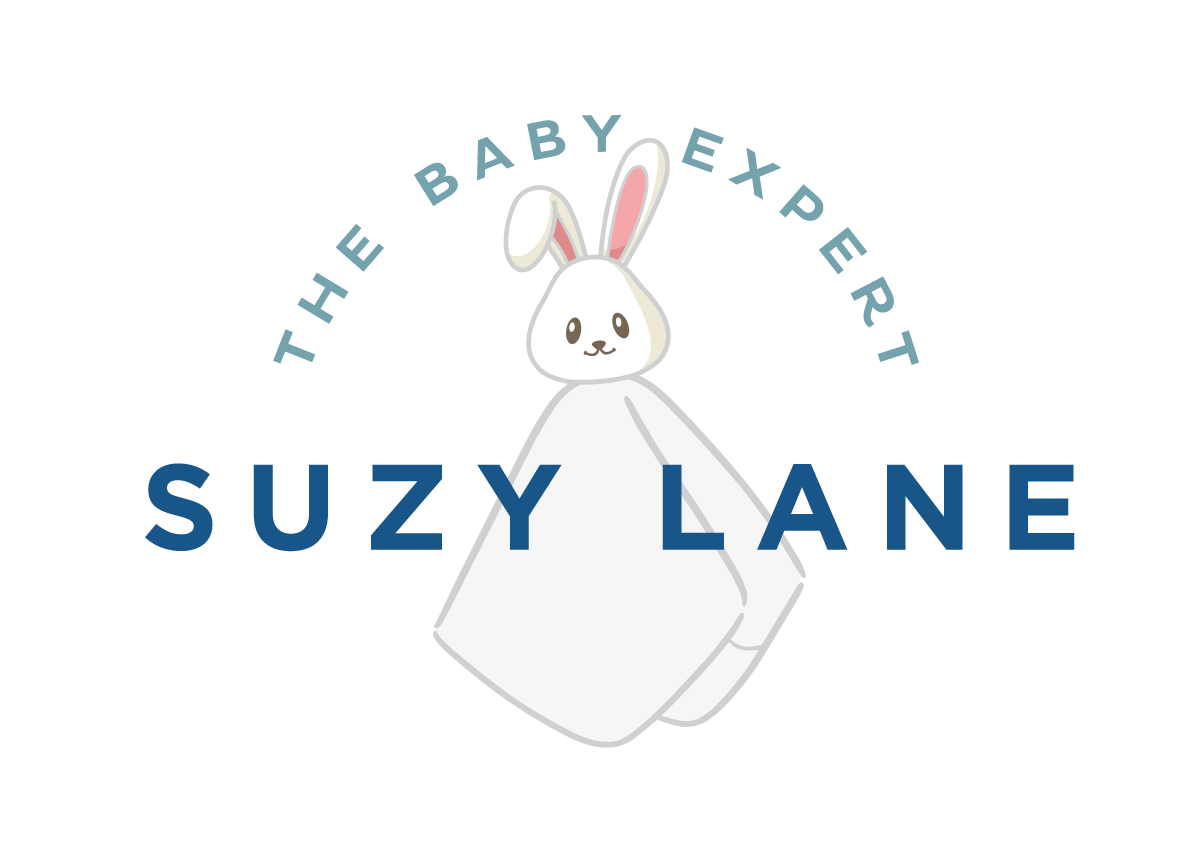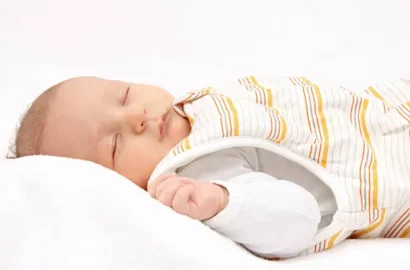How to Build your Infants Self-Esteem from Birth?
Let’s have a look at what happens to infants whose self-esteem has not been developed at a young age:
They can become self-critical and self-demanding. They may also feel they’re not as good as others in their class or at home. Often they will ruminate on the times they have failed instead of enjoying the moments when they have succeeded. An infant may lack confidence in his ability to carry out new tasks and doubt that he can do things well. They may give up more easily.
How can you build self-esteem in your infant for the future?
It really is very simple! Just remember that the most important way of encouraging self-esteem in your infants is to show him your love. Cuddle him and spend a little quality time with him every day. Tell him frequently how much you love him. You don’t need to have a reason or choose a specific moment; just say it whenever you can. This teaches him how much you appreciate him.
Newborns and young babies don’t see themselves as being their own person but you can still lay the foundations of healthy self-esteem for later on by:
- caring for your baby gently and respectfully
- responding when your baby cries
- giving your baby lots of cuddles and reassuring smiles
Toddlers – You need simply to tell your little one that you love him and appreciate him just as he is and this helps his self-esteem because he:
- knows that he is loved
- belongs to a family and community that values him
- spends some quality time with you
- gets a sense of security and confidence
- is encouraged to try new things
- finds and recognises things he is good at
- is praised for things that are important to him.
Toddlers self-esteem
Toddlers are beginning to develop an understanding of themselves, what they can do and what makes them who they are. It can’t be repeated enough, love is everything so the most important thing you can do to nurture your infant’s self-esteem is to tell your children that you love them. Say it often and for no reason other than to show your child you appreciate him/her, that s/he is loved and, most importantly, that s/he is loveable too.Your toddler wants to make his own decisions and it’s important to allow him to have a go at deciding between safe, toddler-friendly options, like which toy to play with or which hat to wear. As he learns, he realises that he has the power to make things happen, which adds to developing his self-esteem.
Toddlers at this age still see themselves through your eyes, so you have a very important role to play in building your toddler’s self-esteem:
- Let your child explore his environment but be present and ready to respond to him if he needs you. For example, he might like stacking blocks but get a fright when they fall down. You should be there because he needs you to let him know it’s safe and nothing will happen.
- Let your toddler make measured decisions. For example, when you are preparing his supper, let him choose beforehand whether he wants cheese or egg in his sandwich. This gives toddlers an exciting sense of control, which helps to develop confidence and a sense of self.
- Give your child the chance to say ‘no’. Toddlers need to assert themselves. For example, if your child says ‘no’ when you ask him to put his gloves on, that’s OK. Getting cold hands won’t hurt him. Your child is learning to make decisions and might say ‘no’, even if he actually wants what you’re offering. Just go with it if it is relatively safe to do so.
- You can guide your child through difficult social situations. Toddlers are learning who they are and what really belongs to them and they find it hard to share things or take turns. So you can say, ‘It’s my turn to have the red block now. Great sharing – well done!’.
- Toddlers learn about themselves by discovering what they look like – for example, mirrors provide hours of fun. They are also discovering what they can do, and want to at least try and do certain tasks without your help. They are working out where they belong, often by seeking out their loved ones for comfort and reassurance.
Preschoolers and self-esteem
By around three years, your child may realise that his body and mind belongs to him. He may be able to cope with some time away from his immediate family because he feels safe and loved. At this age, he will somtimes compare himself with others, and will ask whether he is the biggest, fastest or best at whatever he is doing.
Balanced feedback is a good way to respond. For example, you can say:
- ‘I think you’re the best four-year-old painter I know!’
- ‘Alex is a faster runner than you, but you’re better at catching a ball.’
This lets your child feel pride in himself and also sends him the message that other people are important and can do things well too.




